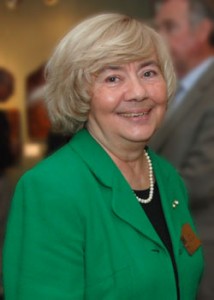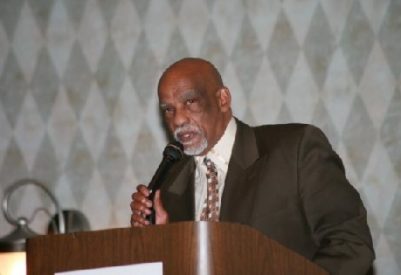
SOUTHWEST TRIBUNE
Note: For Part 1 of our conversation please visit the website’s homepage, where it’s located in the headliner news section.
Pastor McNeill spoke eloquently in our first conversation responding head-on to tough questions that challenged its influence, visibility, and direction of today’s Black Church.
In Part 2 of our extended conversation, he delivers cogent responses to questions about growing up in the church, the Church and Jesus Christ, leadership, and the decreasing youth population among today’s church goers’.
Southwest Tribune: Grew up in church?
Pastor McNeill:
My parents took me to church, when I wanted to and when I didn’t want to go. As a teenager, I was a musician and played on a choir with a lot of young people in it. Eventually, we ended up having a good time with each other, because we didn’t have a choice or option of not being in church. So, we made the best of the situation and I learned to enjoy being there and developing lasting relationships with others my age.
Southwest Tribune: The Church and Jesus Christ?
Pastor McNeill:
A church without Christ is not a church. The Church highlights the life of Jesus Christ and his teachings. And, how it has relevance in our everyday lives, meaning [We] become better people, when we exemplified his character, his compassion for others, his teachings of love for one another, and his example of love as unconditional.
All those things are extremely important, when we’re talking about personal development. Those things are constants that will always work. It not only gives you the opportunity to relate with others, but it also gives you a great sense of who you are. I think, we were created with the intention of caring for each other. It’s our Testament to make this world a better place than the one we were born into.
Southwest Tribune: Leadership?
Pastor McNeill:
Historically, the church rallied around a uniting leader or voices that stood above the community that reflected the things that were common among everyone and we haven’t had a voice like that since Dr. King. But as far as things to speak-out about or up against, they haven’t been a collective effort to do that. And I think, it’s because our experiences of the [Ones] that are in leadership since Dr. King and our present time, our experiences have been different than our parents.
We benefited from many of their successful challenges going against, The Struggle. We did not have the benefit of ‘needing’ to come together, because they came together. And, when they came together, some of the things changed for our generation. Now, we are seeing some of the challenges of our parents’ generation coming up again.
However, I see a younger population who’s leading many of our protests of today with a unified voice. And, they’re fighting for things to not be taken away from them that my parents fought to have access too. The Struggle is a little different and more shuttered to, I’m not going to let you take, what I already have- versus-I need to get, what you wouldn’t let me have.
Southwest Tribune: Decreasing youth population among church goers’?
Pastor McNeill:
I’m speaking for me as a youth pastor. One of the things, we must do is pay attention to the things they pay attention to most. Things like: How they communicate with each other? What are their areas of interest? -And- What are the biggest challenges they face on a consistent basis? If we pay attention to those things as churches and show what they see as a Cause, we can illuminate what we have in common with them and establish relevance with them.
If, we’re not answering the questions or meeting the need or addressing a Cause that’s bigger than everybody, I don’t think they’ll see us as a place they need to be attached too. They want to go about it with different methods. And, they need to see how the church can help them accomplish it. So as a church, we need to be diverse in our approach to them. There’s no [One] method that I believe works.
You must keep adapting unless you have the solution, because today, the message and struggles are continuing to change and evolve. I think, they want to play a bigger role in it then what people in my generation want them too. We kind of want them to come and sit down and listen to Us say: [You] come, and we will teach you what we know, and you can go do it.
I don’t think this generation wants that. I think, they want to catch something that’s moving that they can get involved in and provide an expertise in general areas my generation lack expertise in. They know, how to talk to each other better than we do. It’s a transition from player to coach. There’s a time when all of us are older and are unable to play like we used too.
When millennials see the church as not trying to make them wait, but make space, I think it will happen. I don’t think, we can do anything without them.





